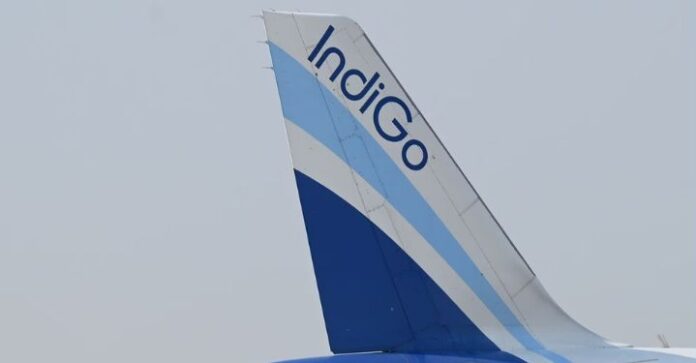India and Turkey are navigating one of the most complex phases of their bilateral relationship in recent history. While Ankara’s military and diplomatic alliance with Islamabad continues to deepen, New Delhi finds itself increasingly wary of Turkey’s intentions. Despite this tension, the aviation sector remains a rare corridor of active engagement between the two nations.
Tensions came to a head following the 2025 Pahalgam terror attack, which India directly attributed to Pakistan-based militants. Turkey’s response—condemning the violence but defending Pakistan’s position—did not sit well with Indian policymakers. This isn’t an isolated episode; Turkey has repeatedly voiced support for Pakistan’s stance on Kashmir at international platforms, including the UN General Assembly and OIC summits.
What makes this more complex is Turkey’s dual role: as a vocal critic of India’s internal policies and a country actively seeking greater economic engagement with India. Turkish Airlines, the country’s flag carrier, has continued to push for expanded operations in India. Requests to increase flight frequencies and open new routes have been lodged with India’s Ministry of Civil Aviation, aiming to double weekly flights and tap into under-served Indian metros.
Interestingly, while official relations remain cool, there’s been no formal curb on aviation partnerships. The Indian aviation market is among the fastest-growing in the world, and Turkey wants a slice of the action. Turkish Airlines aims to position Istanbul as a transit hub for Indian passengers flying to Europe and North America—an ambition that cannot materialize without strong bilateral air service agreements.
However, the Indian public has started pushing back. Following Turkey’s open support for Pakistan, travel companies have seen an unprecedented 60% drop in bookings to Turkey. Cancellations have surged, and influencers on social media have called for a complete boycott of Turkish tourism and business.
Turkey, too, is feeling the pinch. In 2024 alone, Indian tourists contributed more than ₹4,000 crore to Turkey’s economy, making them a valuable demographic for Turkish hospitality and airlines. The sudden backlash has not only impacted leisure travel but also raised concerns over long-term aviation profitability.
The Indian government, so far, has stopped short of banning or limiting Turkish aviation access. But several analysts believe that if political provocations continue, the aviation sector could become a target of retaliatory restrictions.
As of now, Turkish flights continue to operate, and Turkish tourism ads still run in Indian media. But the relationship is on a knife’s edge. If Turkey wants to sustain its economic ties with India, particularly in aviation, it may have to reassess its overt alignment with Pakistan.

